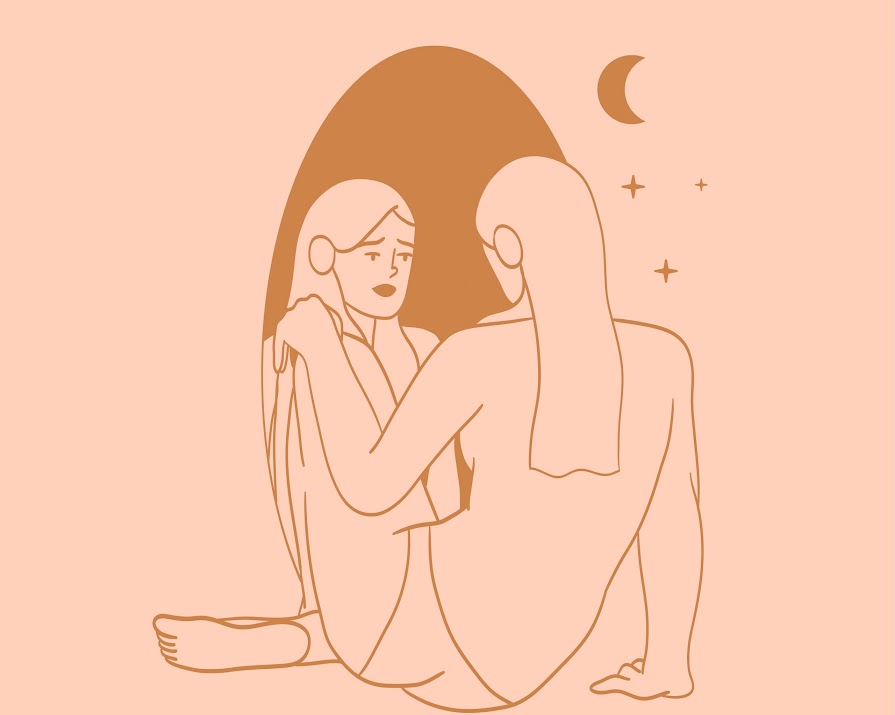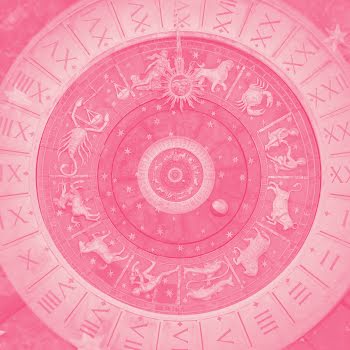
There’s nothing quite as believable as the story you tell yourself, about yourself
By Niamh Ennis
08th May 2021
08th May 2021
Do you consider yourself high-maintenance? Unlucky? Simply not popular? Sometimes we get a little too comfortable the boxes we and others makes for us.
We are told that what gets in the way of us making changes in our lives are our fears, doubts and limiting beliefs. But the biggest blocks of all, and the ones that are most often overlooked, are the stories we tell ourselves about our own life.
These are the stories that have become such a part of just who we are, we no longer question their truth.
Examples might include the following:
I’m high maintenance in a relationship. Lord knows, I’ve been told often enough, I can be a lot. That’s why I feel grateful that this time he might stay. It means having to adapt myself a little more than I’d like but it’s better than being alone, isn’t it?
I’m the eldest in the family I have to be the responsible one. This requires me to be serious and careful. I need to be the problem solver, the organiser. People rely on me.
My classmates always told me I looked odd. I know they were right. I hate how I look. It’s why I don’t bother with exercise or healthy eating – what’s the point. At least this way I get to reward myself with food!
I was ignored by my mother I knew she didn’t love me like she loved the others, it’s why I’m unlovable. I understand that.
My first boss constantly criticised me, nothing I did was right. This is why I just keep my head down, and do my best to stay under the radar in all my subsequent jobs. It’s easier.
I’ve had a run of bad luck in all areas of my life; I think it’s time I accepted that I’m someone that bad things happen to and learn to live with it.
I never quite felt like I fit in. I wasn’t the cool popular one, the fashionable one or the funny one. I find myself just going along with what everyone else wants to do and with what they say. I want to make sure they have no reason to leave me behind.
Do any of these statements resonate with you? If we’re being honest, there are pieces of us all in there, but what’s more interesting is that these are the stories that so many of us live our lives by, often unconsciously.
One bad relationship, or even several of them, doesn’t mean you are destined to replicate it in the future.
Yes, these are also our fears and our doubts in disguise, but what’s interesting is what may have been a true story, at one point in our life, may have been carried with us long after we needed it.
Similar to how our values change as we change, so too can the stories we create in our lives. One bad relationship, or even several of them, doesn’t mean you are destined to replicate it in the future. Your experience at work, especially in the early stages of your career should not be borne out in all your future jobs. How you were made feel about how you looked as a teenager does not need to be the person you see when you look at your 40-year-old self.
Think about the things that occupy the most space in your mind right now.
What are the repeated issues and challenges that you spend far too much time thinking and worrying about? What stories do you find yourself repeatedly referring to when making decisions?
Of course, when I started asking questions of myself, I realised that this was utter rubbish and had more to do with me hiding behind the safety of that story.
Dig deep here, especially if they’re not coming to you instantly. What stories are true for you now? What stories am I living from right now – sometimes these can be identified by also looking at what your current fears are?
Ask yourself these questions:
What do I believe about this situation and how it relates to me?
Is it true?
Is it really true?
If I had no fear of being judged how would I feel differently?
If I believed I was worthy and lovable how would I show up differently? What would that feel like?
If I chose to do what I wanted and released my attachment to those stories what would be different about how I lived my life?
When I first did this exercise, I discovered that because of the personal losses I had experienced, I believed I was someone who bad things just happened to. Not in a highly dramatic way, but I had simply started to accept this as fact.
Of course when I started asking questions of myself, I realised that this was utter rubbish and had more to do with me hiding behind the safety of that story. The story became by a false protector.
I had to give myself a dose of my own tough love. I was forced to acknowledge that some of these stories were not serving me any longer and that I had the choice to let them go. I realised I didn’t want to keep doing what I was doing and so I started to create that vision for myself that I really wanted. I asked myself – and want you to do this too – this important question…
“If I had no fear, if there were no obstacles, if I had no money worries and if I didn’t care what anyone else thought – what would I do and who would I be?”
So if you’ve reached the stage where you are now ready to release your old stories, start with these simple steps.
Identify all of the stories you know you are living your life by right now and then separate the false from the true ones. Acknowledge just why you’re clinging to the false ones (hint: it’s because they are the safe ones). Make a conscious decision to accept responsibility, no more feeling sorry for yourself; it’s time to take action. What is the vision you have for your life? Who is it you want to become? What’s she doing, how does she feel, how is she showing up? Prepare to do what you need to, to step into that vision. Take full responsibility and write your own ending.
In the words of renowned American writer, Joan Didion; “We are the stories we tell ourselves”.
Niamh Ennis is Ireland’s leading Transformation Coach and Founder of The RESET for Change 3 Month 1:1 Private Coaching Programme and host of The TOUGH LOVE ENERGY™ Podcast. She’s known for her practical solutions to life’s challenges and her ability to tell you not what you want to hear but always what you need.























